Spiritual solutions for social problems
A new vision, informed by both the spiritual and scientific ways of knowing
Our world is in turmoil
In a world where we limit ourselves to seeing only through the lens of secular and scientific reasoning, we’ve forgotten the importance of the spiritual. But we can reclaim that. It’s time to recognize that our problems are not just political or economic — they’re spiritual too.


Humans are spiritual.
Our History
Developing solutions at the intersection of science and spirituality since 1962
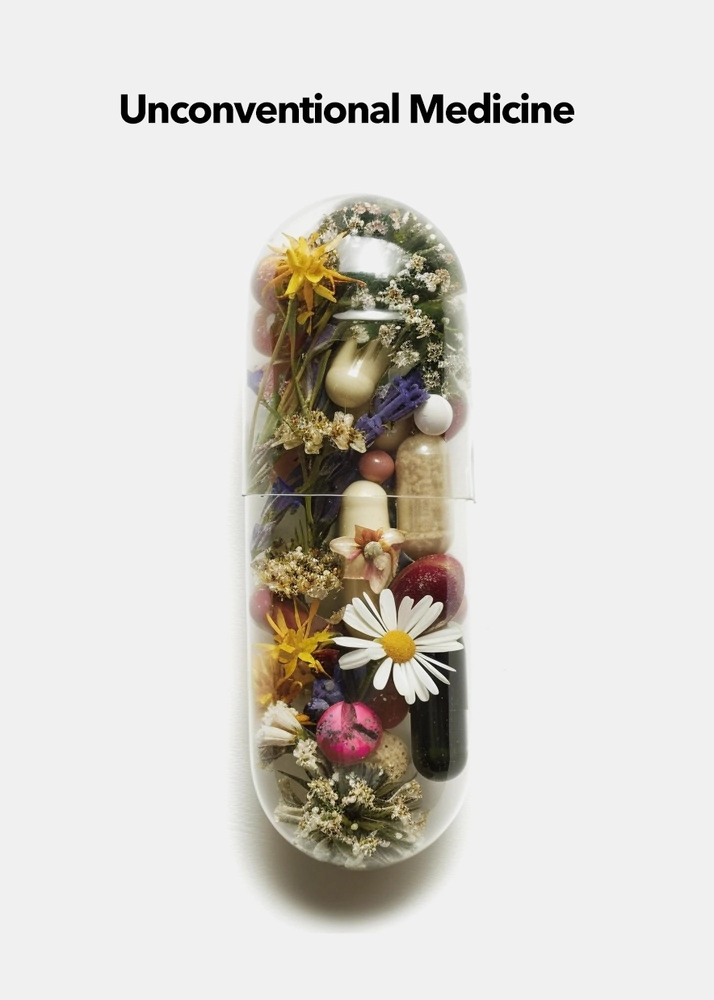

Follow the Money: US Patients Seek Alt Therapies (1993) “Unconventional Medicine in the United States—Prevalence, Costs, and Patterns of Use,” a study by David Eisenberg in the New England Journal of Medicine, reveals a growing nationwide interest in approaches to health and healing that, at the time, are outside of mainstream medicine.
The study is part of a growing body of evidence that fuels Fetzer’s interest in aspects of well-being deserving of research: how love, forgiveness, compassion, religiousness, and spirituality inform the course of health and healing.


Emmy Award for Outstanding Informational Series (1993)
Healing and the Mind with Bill Moyers explores the mind-body connection. The five-part PBS series probed questions like, “How do emotions translate into chemicals in our bodies? How do thoughts and feelings influence health? How can we collaborate with our bodies to encourage healing?” Award-winning journalist Bill Moyers talks with physicians, scientists, therapists, and patients who are taking a new look at the meaning of sickness and health.
The production was awarded an Emmy for Outstanding Informational Series. Its companion book of the same name spent weeks on the best-seller list, with more than 500,000 copies in print. “Considered a classic, it is the most widely read and influential book of its kind (Goodreads).”
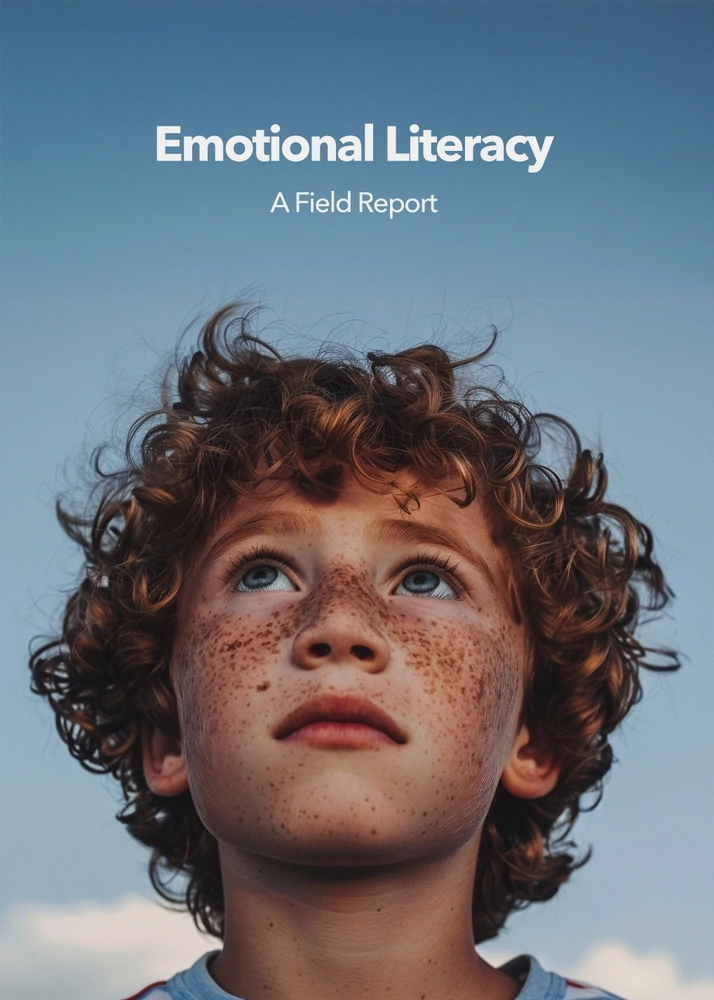

An Antidote to School Violence (1993) Five years prior to the Columbine High School massacre, psychologist and researcher Dan Goleman was completing a year as a Fetzer senior advisor. A school shooting at Thomas Jefferson High School in Brooklyn emphasized the importance of his year’s work: a survey of research, theory, and application of “emotional literacy.” As a writer with the New York Times, Goleman also found himself writing an article on the psychological lessons of the shooting.
The takeaway? In a reflection he shared with Fetzer in his “Emotional Literacy, A Field Report,” Goleman noted, “The incident, chilling as it is, can be read as a sign that America’s children are desperately in need of lessons in how to handle their emotions and settle disagreements, in caring, and just plain getting along. The signs of the deficiency can be seen in violent incidents like these, growing ever more common in schools. But they can also be read in statistics, showing sharp rises in … the number of teenage suicides, homicides, drug abuse, and pregnancies.”
Describing emotional literacy as “a new way of thinking about being smart,” Goleman framed the basic skills for a curriculum that would include ways to teach children about self-awareness, decision-making, managing feelings, self-concept, handling stress, and communicating. The curriculum would also address group dynamics like cooperation and conflict resolution.
Since then, emotional literacy has come to be a valued skill set for students and part of the curriculum in more than 80% of public schools.
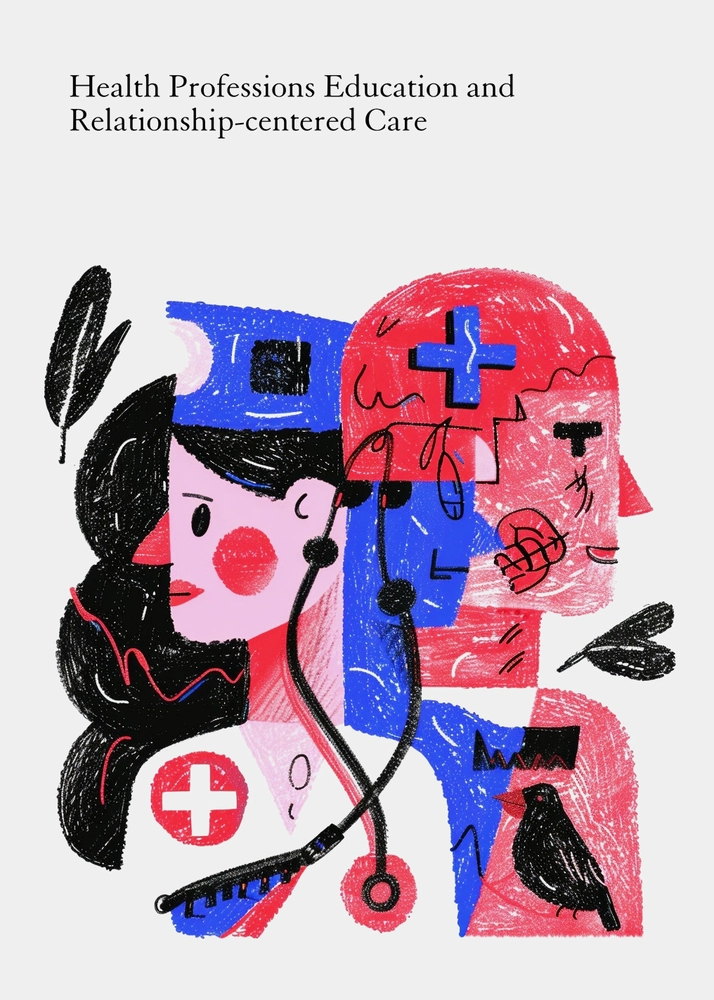

The Importance of Relationships to Health and Healing (1994) Noting patients' and clinicians' discontent with, and even alienation from, current systems of care, the Pew-Fetzer Task Force on Advancing Psychosocial Health Education was established to develop a values foundation for the work of the health professions.
Its resulting “Health Professions Education and Relationship-Centered Care: A Report of the Pew-Fetzer Task Force on Advancing Psychosocial Health Education” advocates for relationship-centered care (RCC).
RCC can be defined as care in which all participants appreciate the importance of their relationships with one another. Its main principles are: (1) that relationships in health care should include the personhood of the participants, (2) that affect and emotion are important components of these relationships, (3) that all health care relationships occur in the context of reciprocal influence, and (4) that the formation and maintenance of genuine relationships in health care is morally valuable. In RCC, relationships between patients and clinicians remain central, although the relationships of clinicians among themselves, with each other, and with their communities are also emphasized.
The report helps shift the culture of academic health science centers toward embracing caring attitudes, relationship-centered interactions, and related clinical, scientific, and pedagogic skills that are incorporated into national accreditation standards.
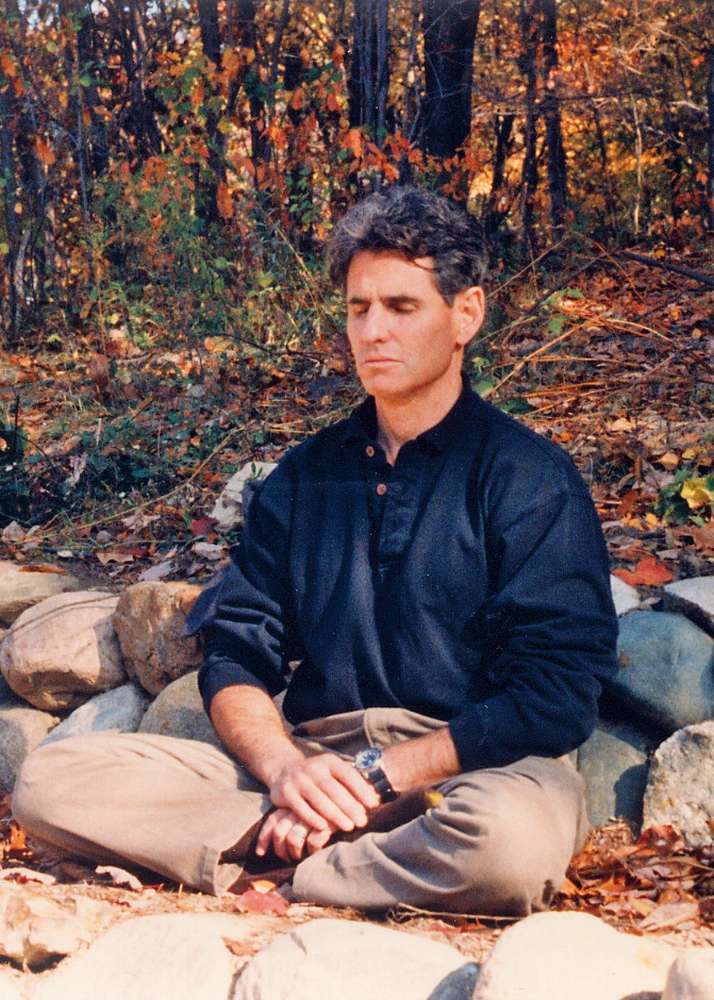

Chronic Pain and the Roots of the Science of Mindfulness (1994) Encountering patients with unresolved chronic pain led Jon Kabat-Zinn to introduce what became mindfulness-based stress reduction. Developed at the University of Massachusetts Medical Center, the program became available in hundreds of clinics in the U.S. and abroad. This work helped establish the science of mindfulness, a field that “documents a broad range of positive effects on the brain, on gene expression, on cellular factors associated with aging, and on the immune system, as well as on our mind and its habitual patterns.”
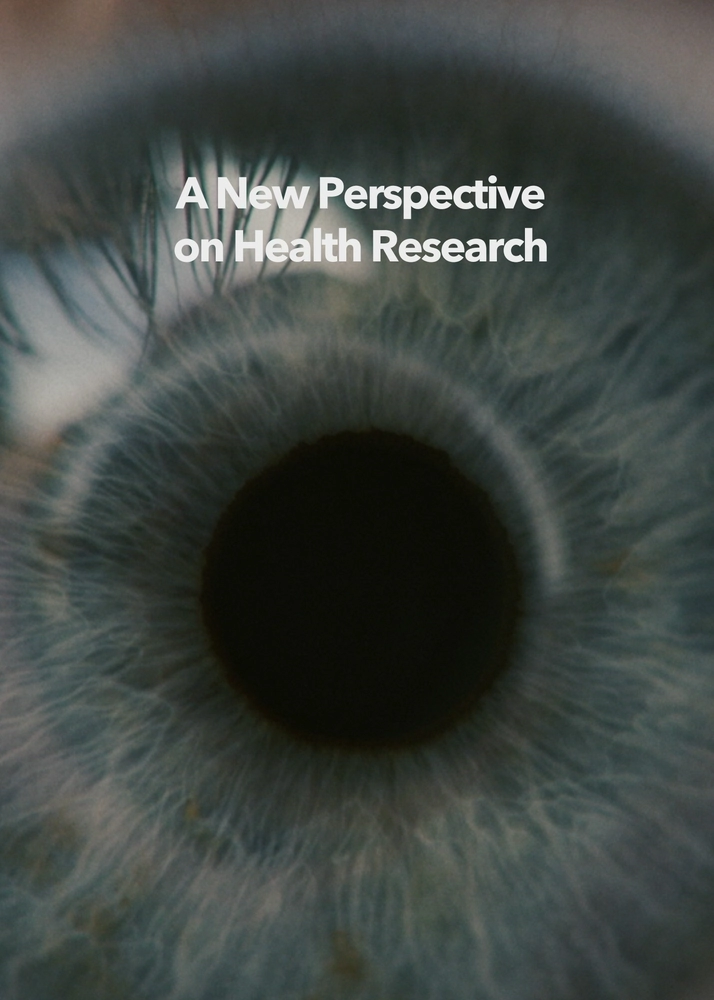

A New Perspective on Health Research (1996-2002) To explore aspects of health that are real for patients but often unaddressed by contemporary medicine, the Fetzer Institute works to bring rigorous research and significant funding to new areas.
With the goals of collaborating across disciplines, providing conceptual development, increasing methodological rigor, and contributing innovative research, Fetzer — often collaborating with the National Institutes of Health—invites requests for proposals (RFPs) on a variety of promising research topics, including:
- Roles of Religiousness and Spirituality in Medical Rehabilitation and the Lives of Persons with Disabilities (1996).
- Spirituality and Religiousness in Aging and Health: Addressing Conceptual and Methodological Issues (1997).
- Examining Individual Differences in the Experience of Pain (1998).
- Clarifying Conceptual and Methodological Processes Affecting Self-reports of Health and Behavior (1999).
- Studying Spirituality and Alcohol to better understand the role of religiousness and spirituality in the prevention and treatment of, and recovery from, alcoholism and alcohol-related disease. RFP sponsored by the Fetzer Institute and the National Institute on Alcohol Abuse and Alcoholism (2000).
- Scientific Research on Altruistic and Compassionate Love (2001) supports more than 30 scientific studies on compassionate love and altruistic love, aiming to better understand how conditions, behaviors, and attitudes centered on the good of the other can be fostered, leading to greater health and well-being for all.
- End of Life and the Dying Process: The Role of Spirituality/Religiousness, Values, and Relationships (2002).
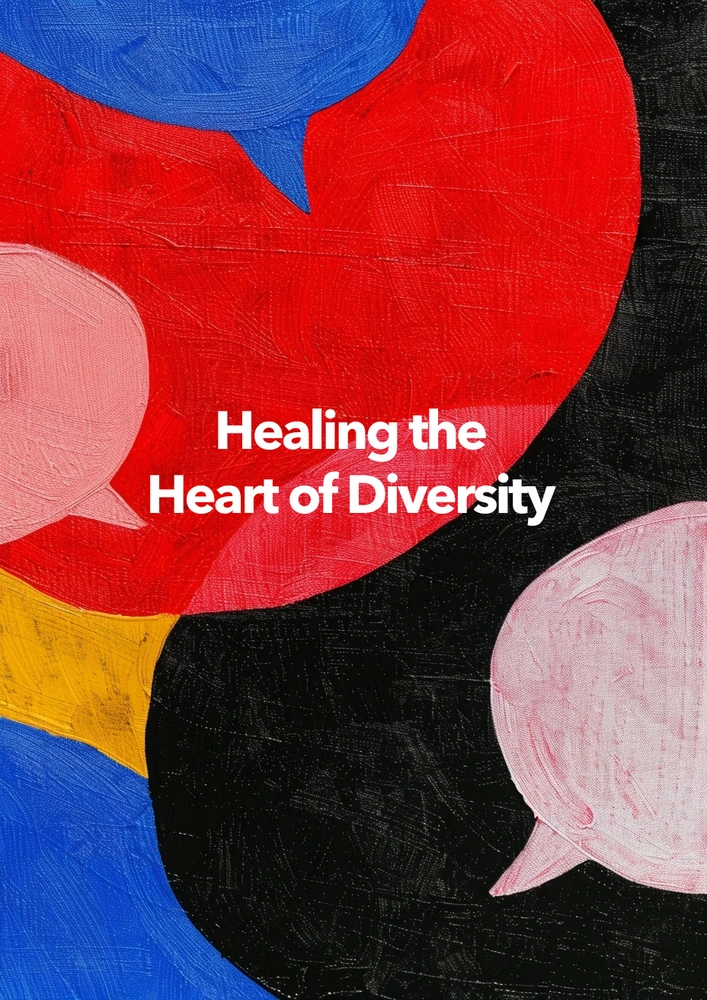

Healing the Heart of Diversity (1999) Fetzer Fellow Patricia Moore Harbour developed a series of dialogues created with and for people of color and trainers leading diversity work. This intentional — and experimental — dialogue about race and culture takes a systems approach. Through its quarterly retreats, diversity trainers, scholars, leaders, and educators identify contemplation, inquiry, dialogue, and praxis as modalities that can most easily be integrated into their work. For Fetzer, this provides foundational learning about conditions that support the emergence of healthy, diverse relationships among staff, partners, and across its funding portfolios.
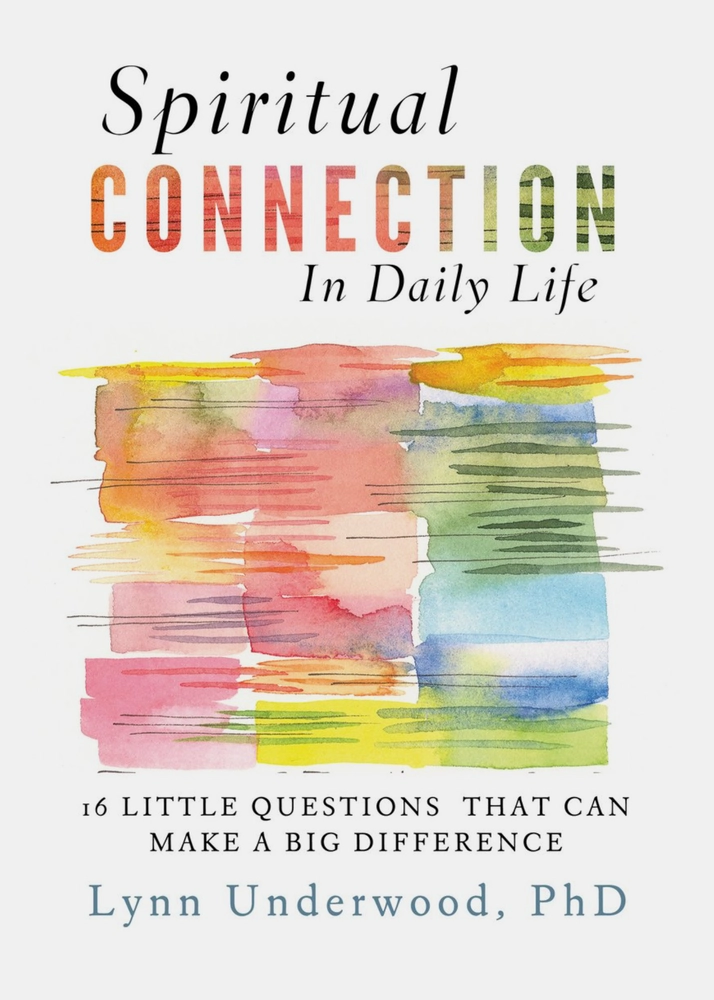

A Daily Spiritual Experiences Scale for Health Research (1999) A growing body of literature indicates that various dimensions of religiousness and spirituality may enhance well-being, lower levels of depression and psychological distress, and reduce morbidity and mortality. The findings are of interest to medical researchers in epidemiology, psychology, sociology, gerontology, and other fields.
However, few health researchers have scholarly backgrounds in religiousness/spirituality, and most are not acquainted with the history of attempts to conceptualize and measure multiple dimensions of religiousness.
To address these issues and the growing body of evidence demonstrating links between religious and spiritual variables and health outcomes, the National Institutes on Aging and the Fetzer Institute established a working group to
- Identify those domains of religiousness/spirituality most likely to impact health
- Suggest potential mechanisms within which these variables might operate
- Provide a short, multidimensional survey for use in clinical research
Their efforts produced a new measurement tool, the “Multidimensional Measurement of Religiousness/Spirituality for Use in Health Research.” Its measures address aspects of our religious lives that may affect our overall health: daily spiritual experiences, meaning, values, beliefs, forgiveness, private religious practices, religious/spiritual coping, religious support, etc. The scale is widely used, has been translated into 30+ languages, is prized for its cultural relevancy, and contributes to a growing field of health research.
In 2013, the report’s Daily Spiritual Experience Scale is adapted to a book for a general audience: Spiritual Connection in Daily Life: Sixteen Little Questions That Can Make a Big Difference.
Daily Spiritual Experience Scale › Home
Multidimensional Measurement of Religiousness/Spirituality for Use in Health Research: A report of the Fetzer Institute-National Institute on Aging Working Group, October 1999.
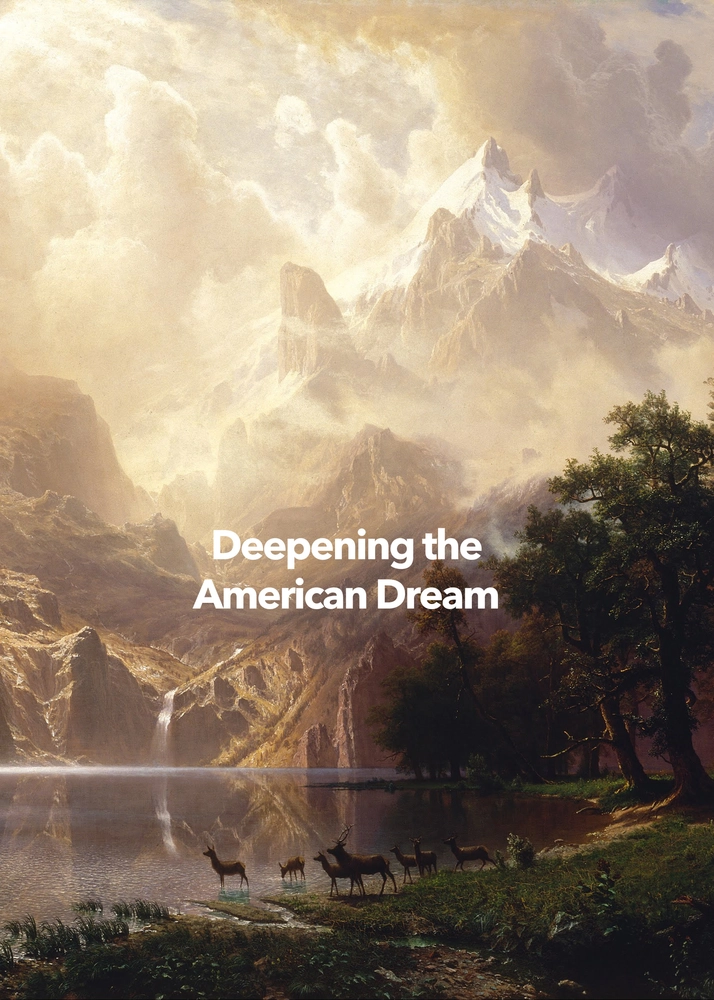

Deepening the American Dream (2005 book, but essays date earlier) Is the American Dream a vision or an illusion? Does social change depend on personal change? What values should the U.S. demonstrate in today's world? Are there ways to think beyond geographic boundaries toward a common dream for our world?
In a series of essays and conversations on a special online feature of Bill Moyers Journal, “Deepening the American Dream” offers reflections on the spiritual aspects of being American. Through reflections from historians, pastors, and social activists like Vincent Harding and Howard Zinn, the series explores the inner life of democracy and the way citizens are formed and considers the spiritual aspects of the American dream — life, liberty, and the pursuit of happiness.
Titles include “Is America Possible? To My Young Companions on the Journey of Hope” by Vincent Harding and “Politics of the Brokenhearted” by Parker J. Palmer.


A Campaign for Love & Forgiveness (2006-2009) Campaign for Love and Forgiveness, a multi-year demonstration project in seven cities nationwide, focuses on creating space for love and forgiveness, healing and reconciliation in everyday life. Partners include PBS affiliates, the American Library Association, and StoryCorps.
Through public television programming, targeted local activities, and thoughtful conversations in communities across the country, the campaign explores the mystery and meaning of love—how it’s expressed and felt and how it manifests differently for different people. The campaign’s conversations seek to explore the many forms love and forgiveness take — in family bonds, friendships, and in our communities.
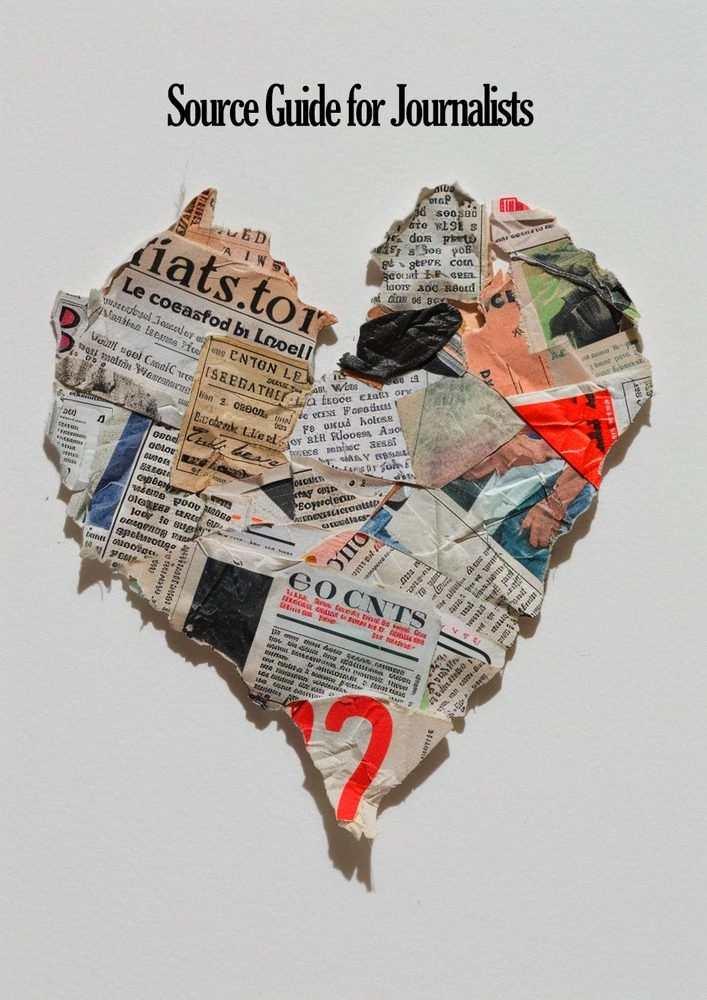

Source Guide on Love and Forgiveness for Journalists (2007) News stories with elements of reconciliation and forgiveness — like the Amish community’s response to a mass shooting at the Nickel Mines School — can be both inspiring and perplexing. Journalists are equipped to report these stories, but they do not always have a knowledge base that can give a spiritual context to these responses to violent acts.
To help fill this gap, Fetzer engages the Religion News Service to create a source guide for use by journalists covering beats that range from crime, health/medicine, and international affairs to politics, religion, and science. The guide provides contacts to top researchers, theologians, ethicists, philosophers, and organizations, collecting in one place sources on forgiveness, love, and altruism in the fields of psychology, psychiatry, social science, brain research, evolution, and biology.
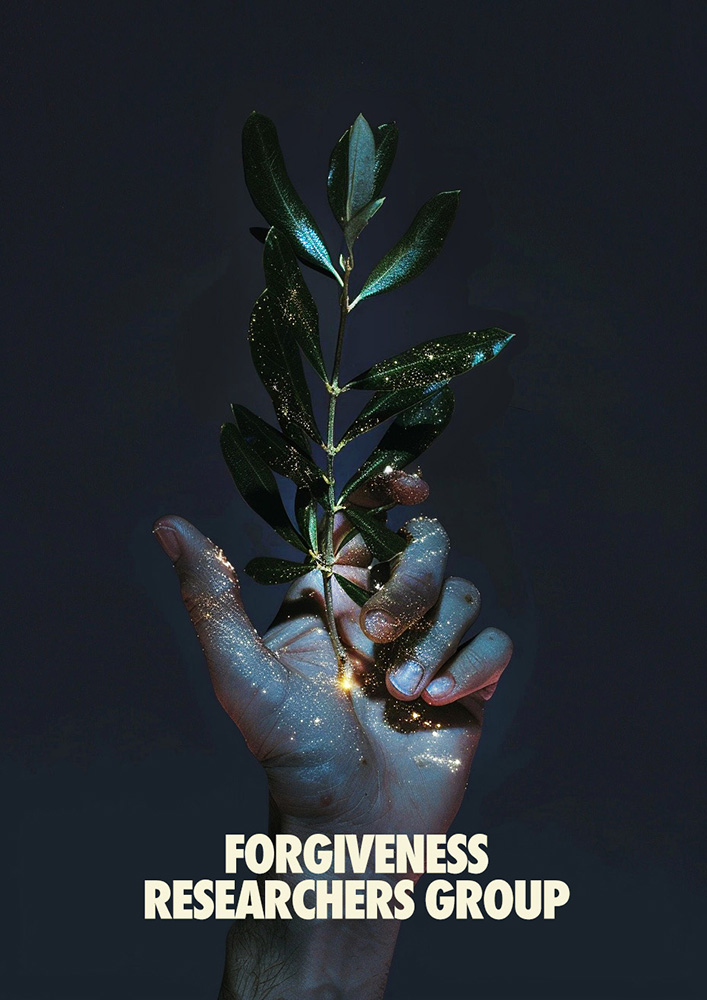

Forgiveness Researchers Group (2009) The Fetzer Forgiveness Research Working Group, chaired by pioneering forgiveness researcher Dr. Ev Worthington, adds to the public discourse on the science of forgiveness. It engages top researchers and advisors to explore:
- basic research questions, such as the psychological and physiological mediators of forgiveness on mental health outcomes; the role of gratitude in facilitating forgiveness; and increased interest in self-forgiveness
- clinical applications, including an increased focus on specific forgiveness intervention programs, and integrating forgiveness as a core element of standard psychotherapy interventions
- continued examination of the relationship of forgiveness with religion/spirituality
- better measurement strategies and new methodological tools to assess forgiveness
The group and its efforts add to the public discourse on the science of forgiveness and contribute to the growing field of forgiveness studies.
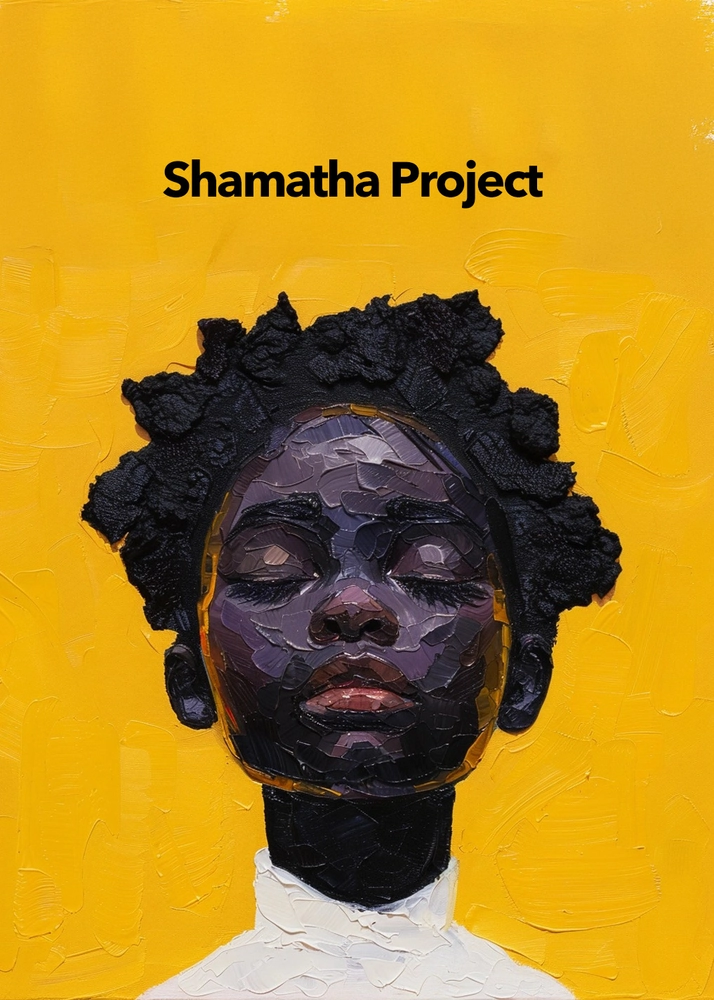

Shamatha Project (2009) The Shamatha Project, led by Dr. Clifford Saron, was one of the most ambitious and comprehensive longitudinal studies of meditation ever conducted. This work at the Center for Mind and Brain at the University of California, Davis, studied how intensive contemplative training affects the development of positive human qualities, especially those associated with love and compassion, and the psychological and physiological pathways involved.
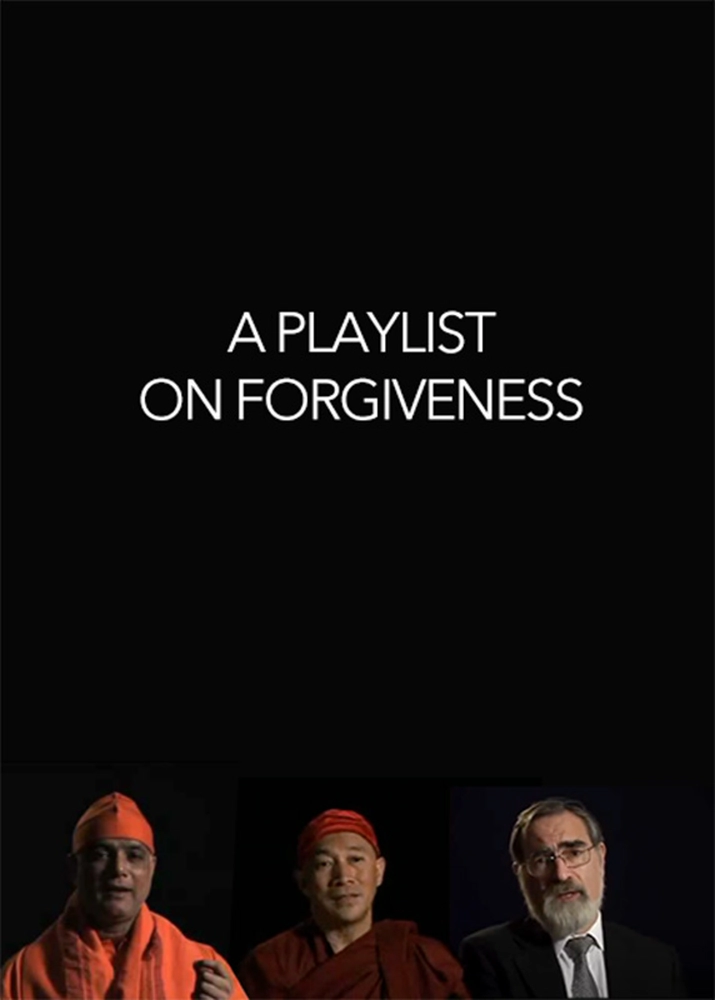

A Playlist on Forgiveness (2009) What does forgiveness mean in your faith tradition? What are its many expressions and translations? To expand our understanding of this important concept and act, Fetzer created a series of videos with faith leaders across the traditions. “Consider Forgiveness” offers short takes on deep questions like Do you need justice for forgiveness? Is apology necessary? Who is forgiveness for? The series calls on a diversity of faiths, including Buddhist, Christian, Hindi, Jewish, Muslim, and Sikh.
Dive into the playlist to learn more about atonement, apology, sins and sinners, remorse, grudges and resentments, just societies, harm, hope, reconciliation, unconditional forgiveness, God’s forgiveness for us, giving and receiving forgiveness, repentance, how to return a person to the good, injury, the innocent, and the practice of forgiveness.
Fetzer YT playlist: Consider Forgiveness - YouTube
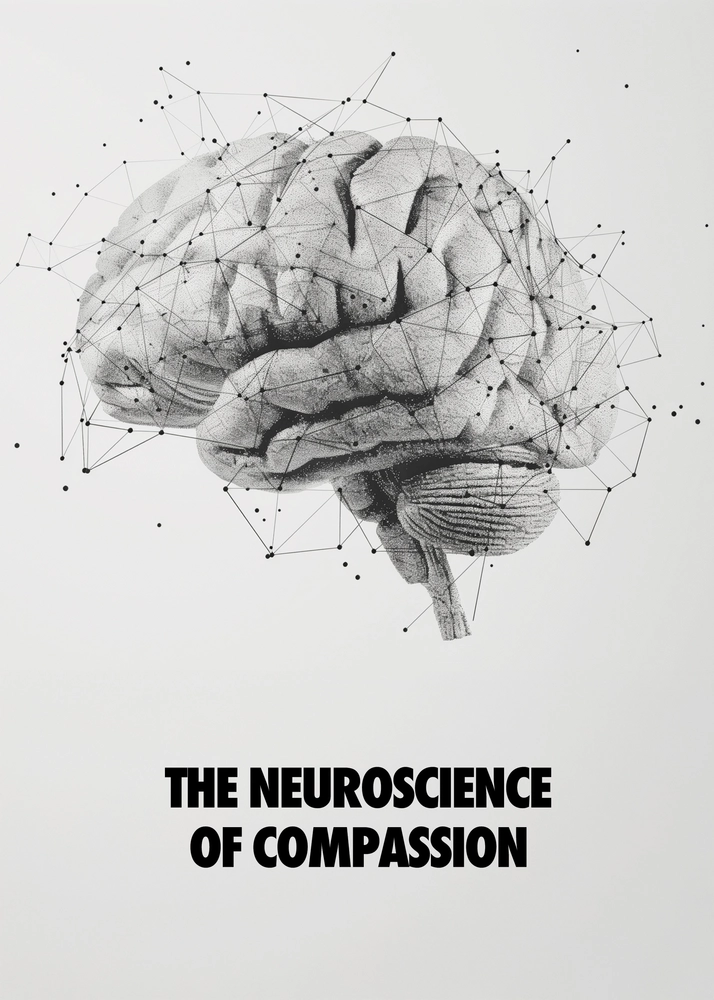

The Neuroscience of Compassion (2009) Because neuroscience can help us understand love and forgiveness, the Institute funded the work of Dr. Richard Davidson at the University of Wisconsin. Davidson uses experimental methodologies with brain imaging techniques to study exemplary practitioners of compassion and forgiveness, including H.H. the Dalai Lama and Matthieu Ricard, a Nepalese French writer, photographer, translator, and Buddhist monk. Davidson’s work also studies contemplative training that focuses on compassion.
Davidson’s research connects ancient wisdom with modern science, showing that compassion isn’t just a virtue — it’s a skill we can train. His work proves that kindness lowers stress, strengthens relationships, and builds a more understanding world. In a time of division, this research offers hope that compassion has the power to heal and unite.
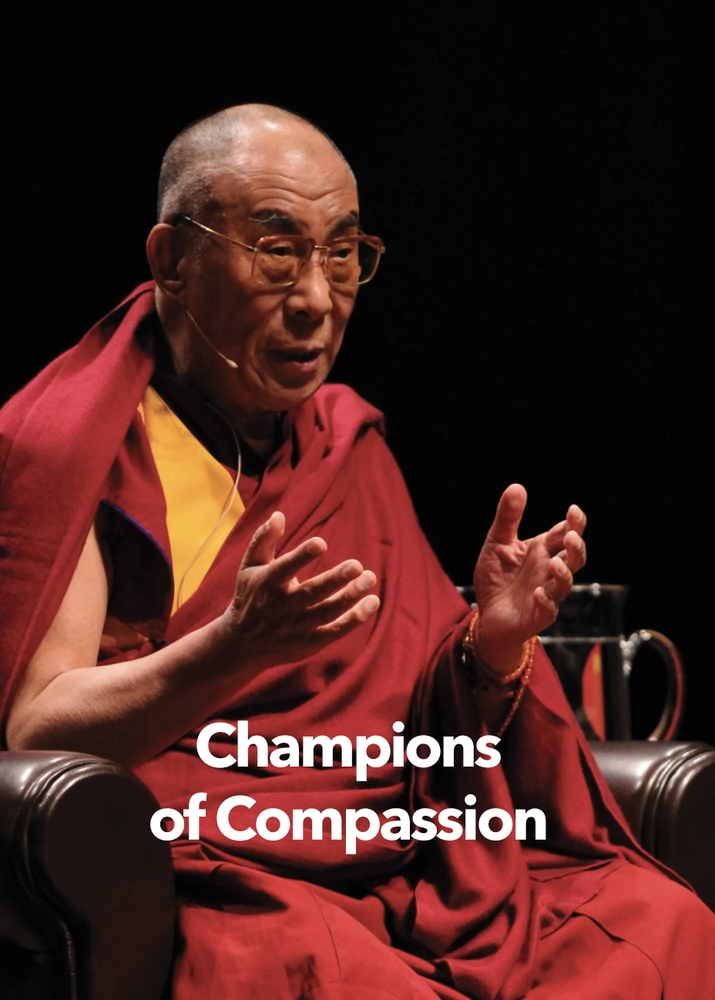

Charter for Compassion & Compassionate Cities (2009) As she accepted a TED Prize in 2008, bestselling author and commentator Karen Armstrong expressed her wish to create a Charter for Compassion to serve as a universal expression of human solidarity. In the spirit of the Golden Rule, the charter identifies shared moral priorities across religious traditions, in order to foster global understanding and a peaceful world.
The principle of compassion lies at the heart of all religious, ethical and spiritual traditions, calling us to treat all others as we wish to be treated. Compassion impels us to work tirelessly to alleviate the suffering of our fellow creatures, to dethrone ourselves from the centre of our world and put another there, and to honour the inviolable sanctity of every single human being, treating everybody, without exception, with absolute justice, equity and respect.
It is also necessary in both public and private life to refrain consistently and empathically from inflicting pain. To act or speak violently out of spite, chauvinism, or self-interest, to impoverish, exploit or deny basic rights to anybody, and to incite hatred by denigrating others—even our enemies—is a denial of our common humanity. We acknowledge that we have failed to live compassionately and that some have even increased the sum of human misery in the name of religion.
We therefore call upon all men and women to restore compassion to the centre of morality and religion ~ to return to the ancient principle that any interpretation of scripture that breeds violence, hatred or disdain is illegitimate ~ to ensure that youth are given accurate and respectful information about other traditions, religions and cultures ~ to encourage a positive appreciation of cultural and religious diversity ~ to cultivate an informed empathy with the suffering of all human beings—even those regarded as enemies.
We urgently need to make compassion a clear, luminous and dynamic force in our polarized world. Rooted in a principled determination to transcend selfishness, compassion can break down political, dogmatic, ideological and religious boundaries. Born of our deep interdependence, compassion is essential to human relationships and to a fulfilled humanity. It is the path of enlightenment, and indispensable to the creation of a just economy and a peaceful global community.
The charter was presented in Washington, D.C., in November 2009. Signatories included Queen Noor of Jordan, the Dalai Lama, Archbishop Desmond Tutu, and Paul Simon.
Soon after, the Charter gave rise to a compassionate cities campaign, and numerous compassion-based initiatives in business, education, civil society, and online.
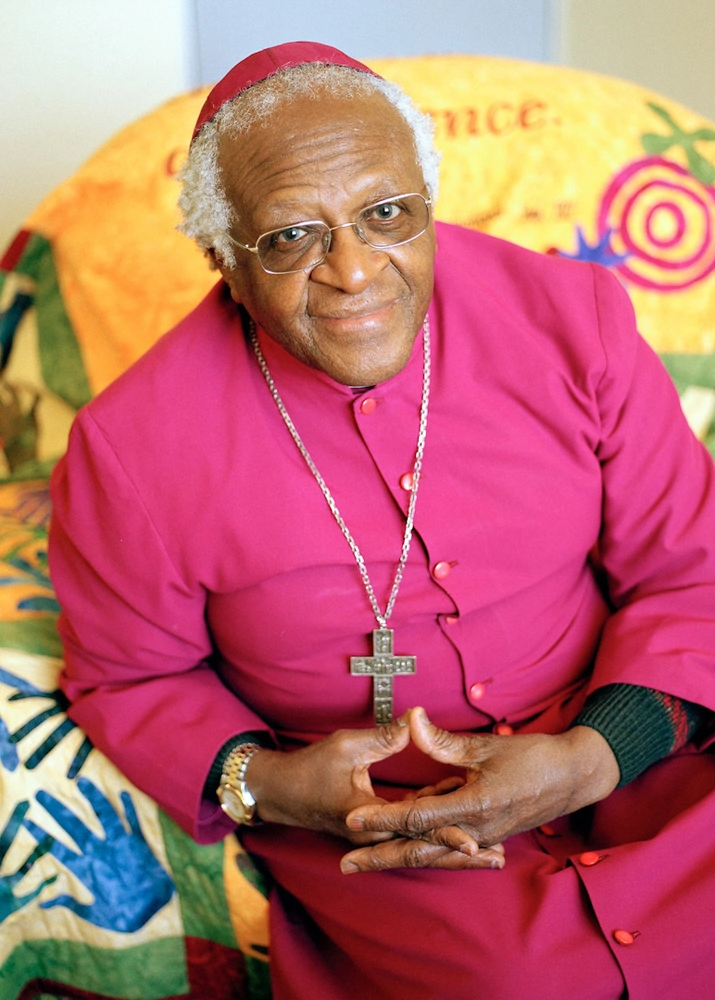

Champions of Compassion Accept Fetzer Prize (2009) To elevate awareness of, acts of, and understanding of love and forgiveness, the Fetzer Institute awards Archbishop Desmond Tutu and His Holiness the Dalai Lama the Fetzer Prize for Love and Forgiveness.
Tutu was named for his inspiring efforts at reconciliation following the abolishment of apartheid in South Africa and for sharing the concept of ubuntu, a Nguni Bantu term that encapsulates ideas of human kindness, mutual caring, connection, community, and oneness.
His Holiness the Dalai Lama is named for his teachings on peace, religious harmony, and his curiosity and promotion of the interconnection of spirituality and science.
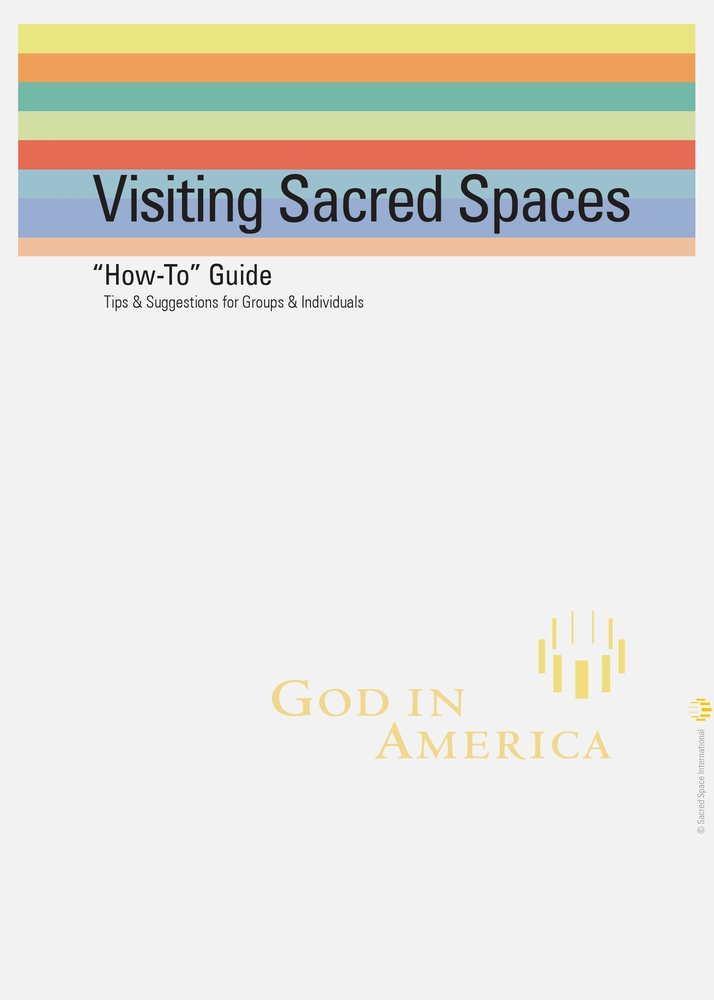

A ”How-To” Guide for Visiting Sacred Spaces (2010) Every day, we walk or drive by spaces belonging to a variety of faith traditions, but most of us have never been inside. It may be due to fear, lack of knowledge or access, or just an oversight.
“The Visiting Sacred Spaces ‘How-To’ Guide” was developed to spark interest in sacred spaces, contribute to spiritual literacy, and support the launch of the PBS series God in America. The guide includes tips on researching and preparing for tours, dos and don’ts, and ways to reflect on your tour experience.
By entering (or finding) a sacred space, you can not only experience beauty and peace but also gain an understanding of the purpose and function behind the architecture and design of these sites.
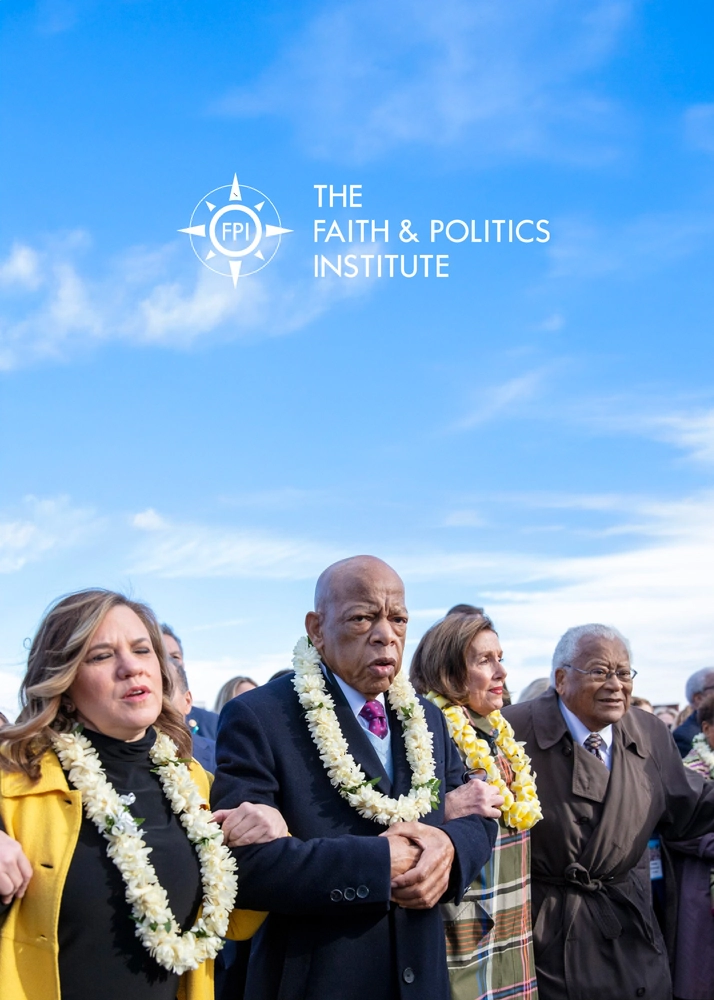

Faith & Politics Institute (2010) With its bipartisan leadership and interest in collaboration for the common good, this work fosters community and encourages dialogue among members of Congress and others working on Capitol Hill. Aiming to build circles of trust and a community of conscience among political leaders, the project provided safe spaces for honest conversation and creative reflection on issues at the intersection of faith and politics. Their weeklong Civil Rights Pilgrimage to Mississippi and Alabama gathered Congressional members from both political parties to reflect on the role of civic action and moral courage in governance.
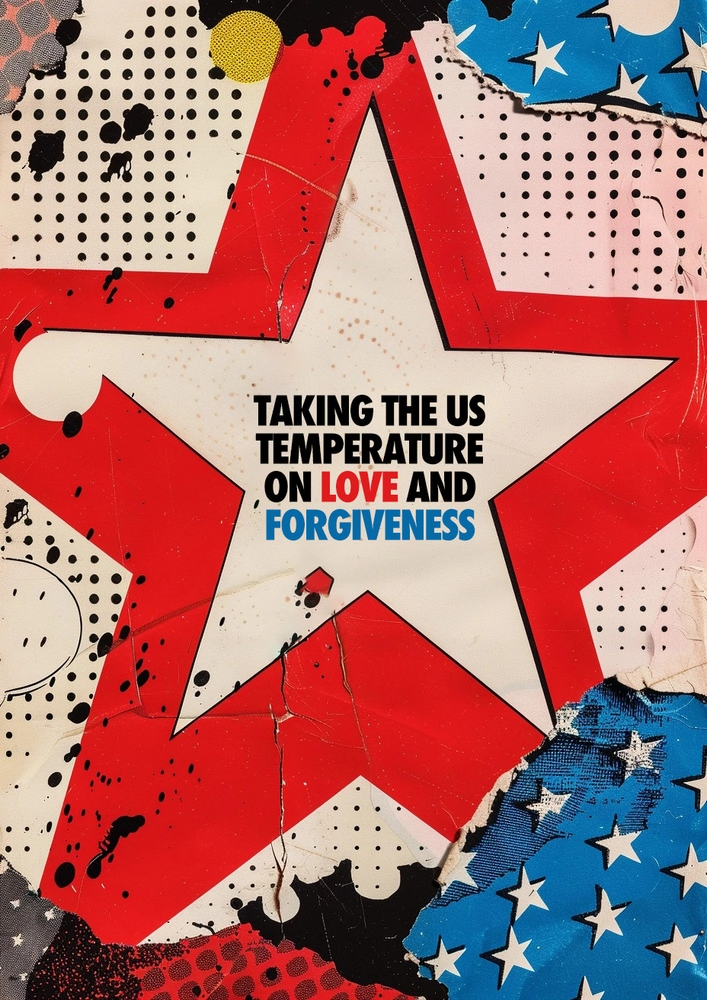

Taking the US Temperature on Love and Forgiveness (2010) The Survey of Love and Forgiveness in American Society gathers deeply held beliefs and attitudes individuals in the United States have about love and forgiveness and points to a shared interest in improving our human condition. Respondents expressed a near-universal desire for a more loving and unified world. 61% stated that if they better understood the values of people in other countries, there would be less conflict in the world, indicating a need for a better understanding of other cultures and values and how those values align with our own.
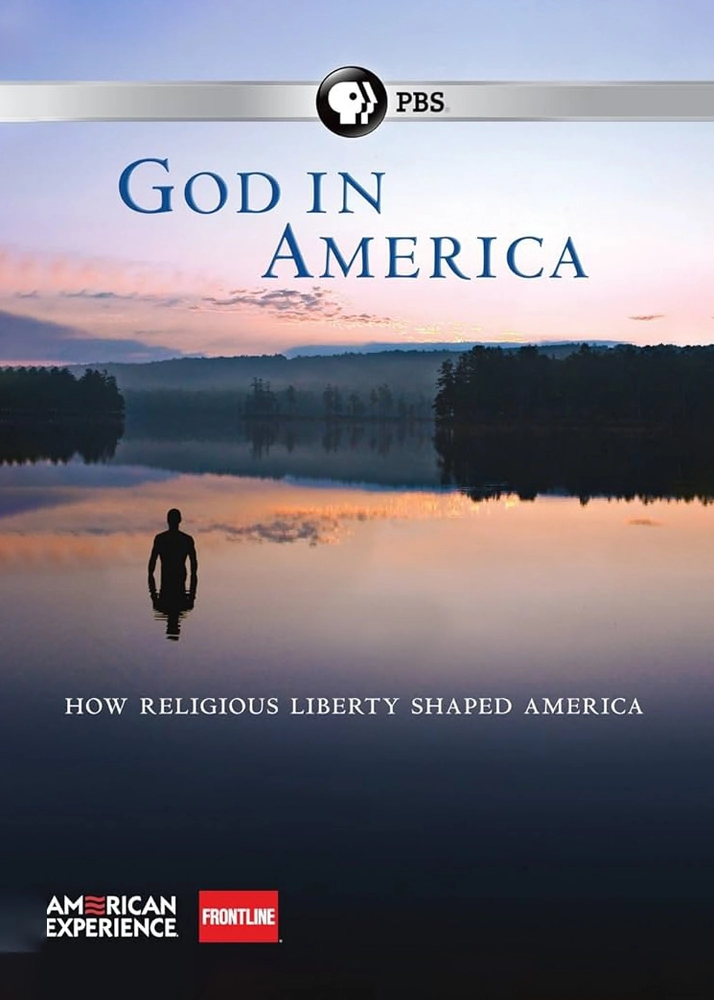

Understanding the American Story Through Its Religious Heritage (2010) While many Americans are deeply involved in their faith, many of us are uninformed—not only about other religions but even about our own, and especially about the religious history of our country.
To create programming that adds to viewers’ religious literacy, AMERICAN EXPERIENCE/FRONTLINE collaborated on God in America. The first series of its kind on American television, God in America looks at the historical role of religion in the public life of the United States—examining 400 years of the nation’s quest for religious liberty and its impact on society, politics, and the spiritual experiences of Americans.
From the first European settlements to the 2008 presidential election, the six-hour series examines how religious dissidents helped shape the American concept of religious liberty and the controversial evolution of that ideal in the nation's courts and political arena; how religious freedom and waves of new immigrants and religious revivals fueled competition in the religious marketplace; how movements for social reform – from abolition to civil rights – galvanized people to put their faith into political action; and how religious faith influenced conflicts from the American Revolution to the Cold War.
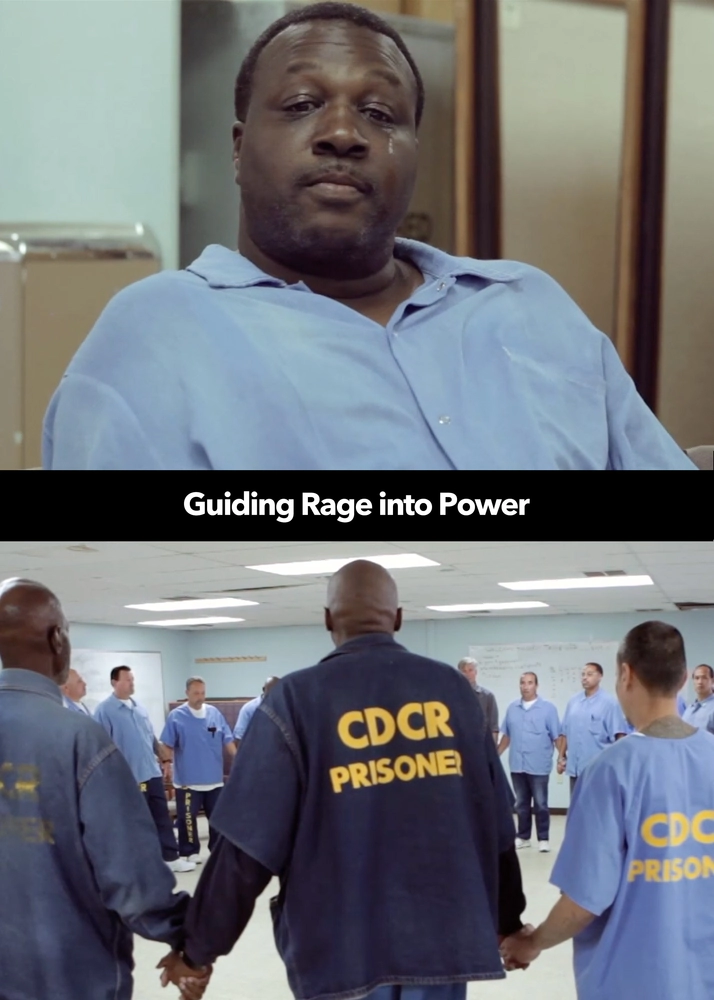

Mindfulness at San Quentin: Guiding Rage into Power (2012) Guiding Rage Into Power (GRIP) is a year-long transformative program designed for incarcerated individuals, primarily in California State prisons. The program focuses on personal transformation, healing, and accountability, aiming to help participants turn the stigma of being a violent offender into a badge of being a non-violent peacekeeper. GRIP is rooted in restorative justice principles, emphasizing that "hurt people, hurt people, and healed people, heal people." Over its history, GRIP has expanded to multiple prisons and has developed a community that fosters emotional intelligence and prevents re-victimization.
Spiritual resourcefulness learned in this program includes how to listen deeply, how our sentience has an inherent capacity for wisdom, and that love is a quality of being present.
Accountability and Compassion: Mindfulness at San Quentin - Global Gathering
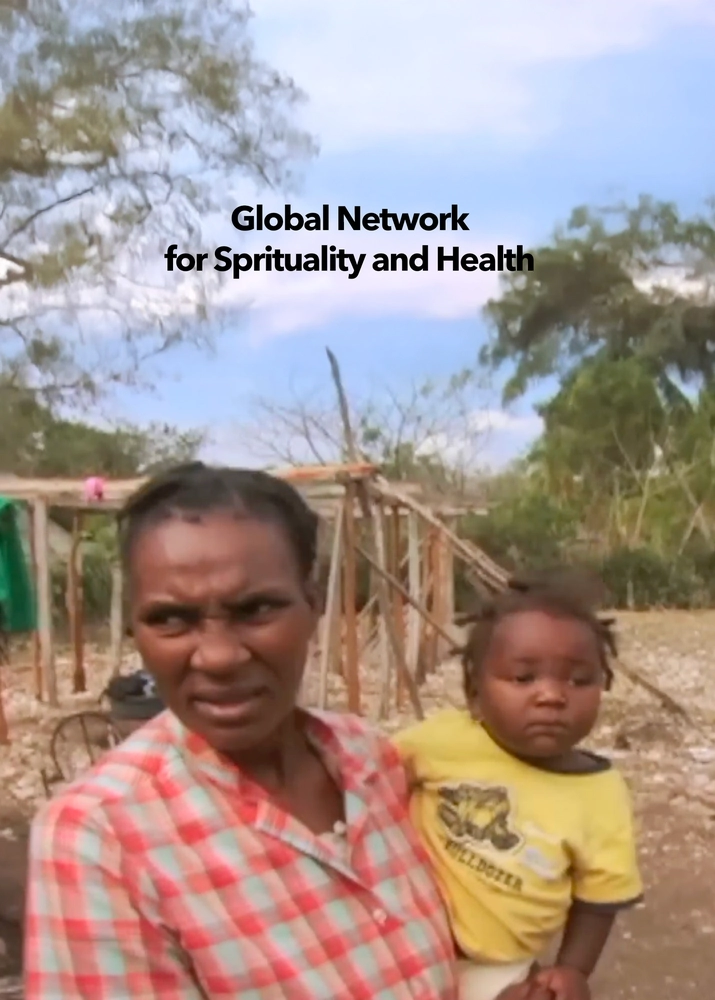

Global Network for Spirituality and Health (2013) Fetzer’s Advisory Council on Health developed a call to action that identifies values and goals for a holistic health system centered on compassion, forgiveness, healing, and dignity. The council brings together a diverse group of healthcare professionals, policymakers, researchers, and educators to develop standards of care and implementation methods that can eventually be put into place in healthcare settings worldwide. This conference builds on the work of The National Consensus Conference in Improving the Spiritual Domain of Palliative Care, as well as the work of others in the field of spirituality and health.
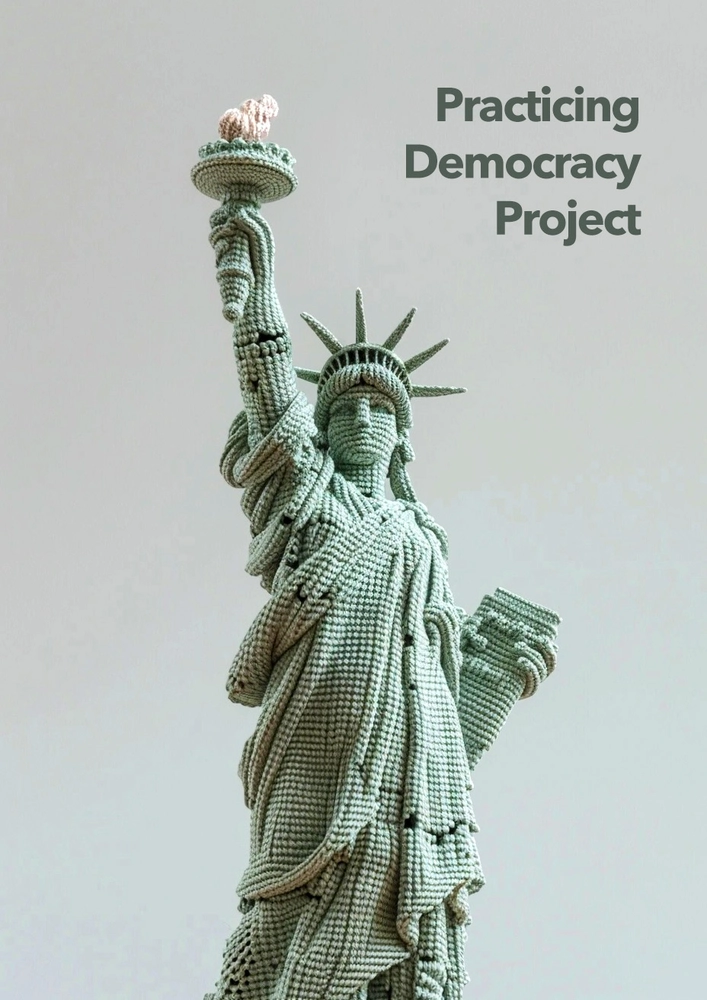

Practicing Democracy Project (2018) The Practicing Democracy Project strengthens and deepens democracy as a way of life through spiritual practices — both those traditionally considered to be "inner work" and those that encourage active engagement with our neighbors and communities. Some practices enhance or support the essential civic virtues and qualities of American democracy, such as civility, diversity, equality, fairness, freedom, generosity, hospitality, kindness, optimism, resilience, service, trust, and more. Other practices help us deal with problems and obstacles that suppress democracy, such as anger, apathy, authoritarianism, fear of strangers, rigid thinking, violence, etc.
Coordinated by Spirituality & Practice, the project offers spiritual practices and resources for various constituencies, including congregations, schools, businesses, advocacy groups, and workplaces. The Project’s website offers quotes on the language of democracy, We the People book club reading guides, ways to honor democracy mentors and teachers, practices to observe flashpoints in American history, art reflections, music playlists, prayers, video clips, citizenship rituals, and other curated content.
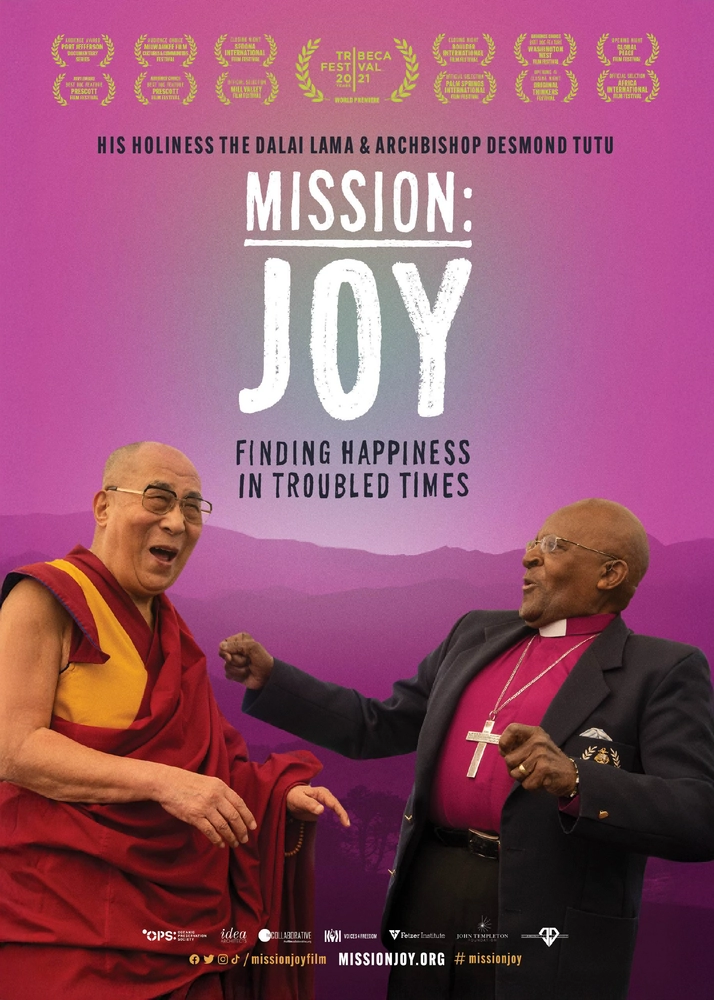

Mission: JOY, a Pathway to Shared Flourishing (2021) The film Mission: JOY shares the humor and wisdom of two of the world’s most beloved spiritual icons, His Holiness the Dalai Lama and Archbishop Desmond Tutu.
The two Nobel Peace Prize Laureates united for one final mission: to show the world how to live joyfully, even in troubled times. They are both experts on this topic, having endured extreme hardship while continuing to live with joy despite their circumstances.
The Mission: JOY project’s engagement campaign encourages people to host and attend watch parties and participate in the largest-ever (for its time) citizen science project on joy.
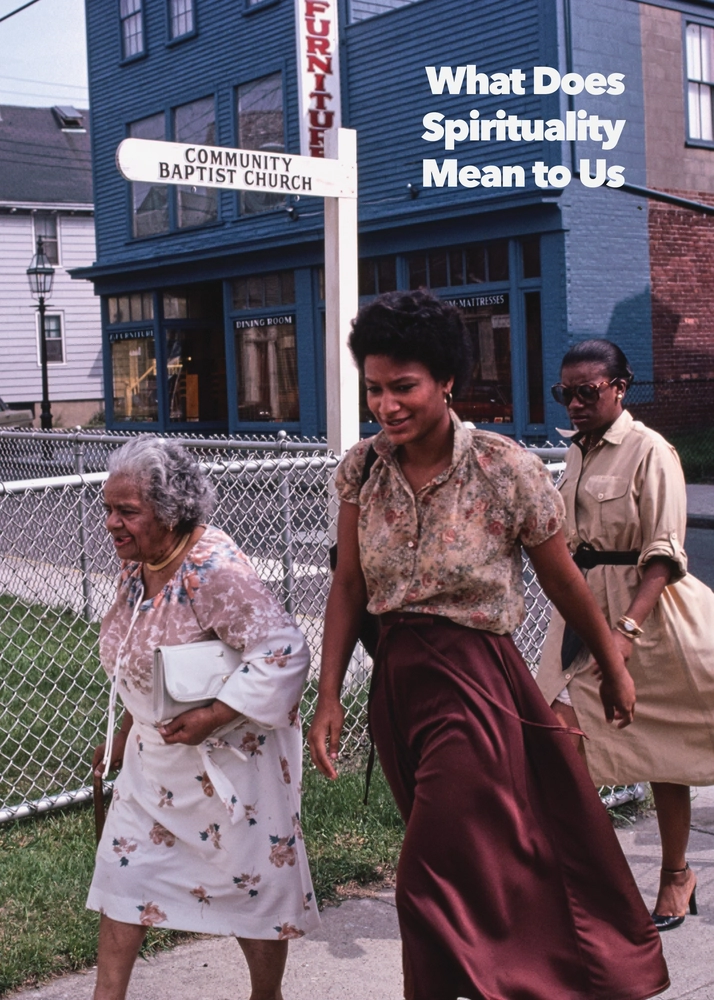

What Does Spirituality Mean to Us? (2022) How do spirituality and faith animate our daily lives, particularly during times of challenge? These are the questions at the heart of Fetzer’s "Study of Spirituality in the United States since COVID." Working with social scientists, theologians, and academic experts, the study sought to identify subtle changes in how people experienced their faith and spiritual lives during times of challenge.
Among the Study's Findings
- Engaging in prayer, art, and time in nature were the most frequent practices reported by nearly two-thirds of interviewees who consider themselves both spiritual and religious.
- Survey participants reported that almost every spiritual activity people practiced supported their spiritual growth and mental well-being.
- Seven out of ten people said being in nature gave them a sense of hope. Nearly three-quarters of people found prayer—however they define it—helped them endure difficulties.
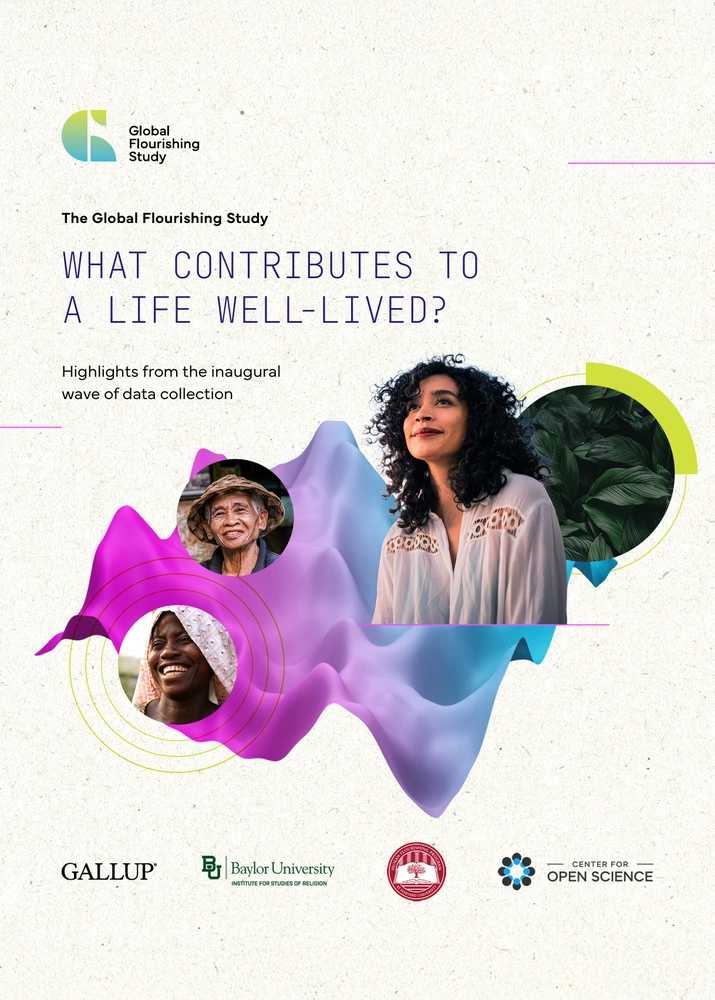

Global Flourishing Study (2022) Beyond the basics of food, clean water, and shelter, what contributes to flourishing for all? The Global Flourishing Study, part of Harvard University’s Human Flourishing Program, seeks to identify and measure the wholeness of human flourishing, including qualitative measures, such as purpose, meaning, and faith. With more than 200,000 participants in 22 countries, the study covers all six populated continents. It represents about half of the world’s population, with nationally representative data collection within each country and planned five years of annual data collection. The first wave of data was released in February 2024. In collaboration with Baylor University, a large team of researchers is analyzing and interpreting the data, with more than 100 papers underway.
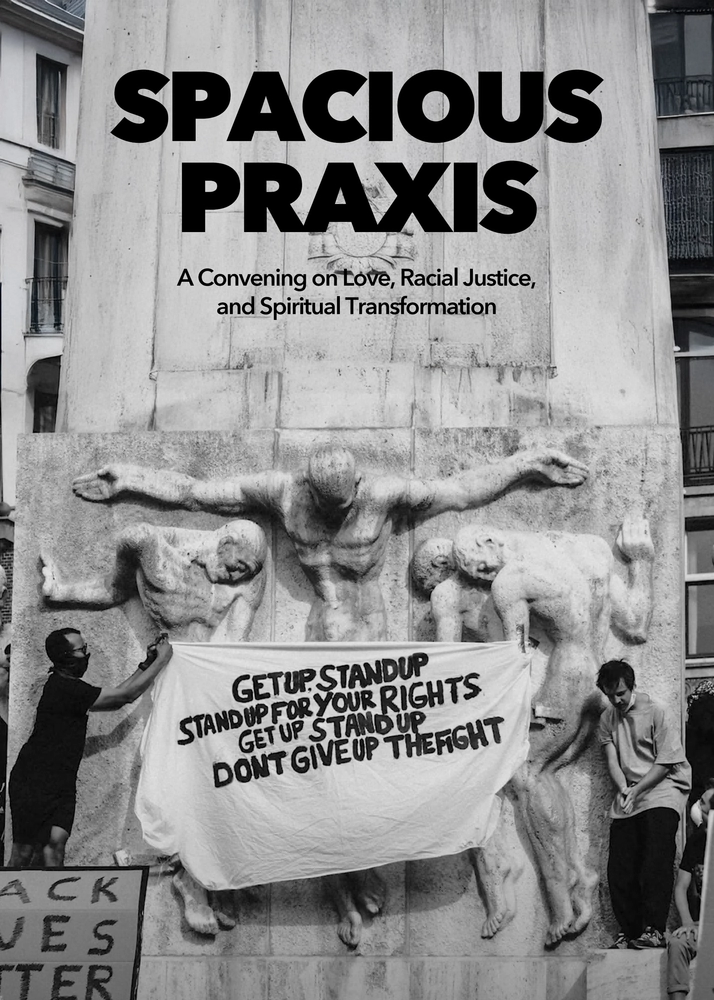

Racial Justice Praxis Project (2022) In 2022, US charitable giving totaled more than $499 billion from foundations, corporations, and individuals (Giving USA report). Being part of the philanthropic sector, the Fetzer Institute is taking stock of its own giving, specifically at the intersection of love, social justice, and spiritual transformation.
The two-year initiative involved partnerships with 13 BIPOC (Black, Indigenous, and People of Color) spiritual leaders, each deeply committed to racial justice efforts. What set this project apart was its emphasis on sacred love as a path to achieving spiritual transformation that enriches both professional and social justice work.
Each partner received $200,000 in unrestricted funding to support their ongoing and pre-existing work. The Fetzer Institute’s role was to facilitate a series of in-person and online convenings, creating space to observe and learn from the profound impact that flexible funding can have on dedicated nonprofit organizations with a proven track record of effecting spiritual and social change.
The documentary Spacious Praxis: A Convening on Love, Racial Justice, and Spiritual Transformation, follows the group during its final gathering and offers insights into the unique synergy and transformative power found at the intersection of love, social justice, and spiritual transformation.
Spacious Praxis: A Convening on Love, Racial Justice, and Spiritual Transformation
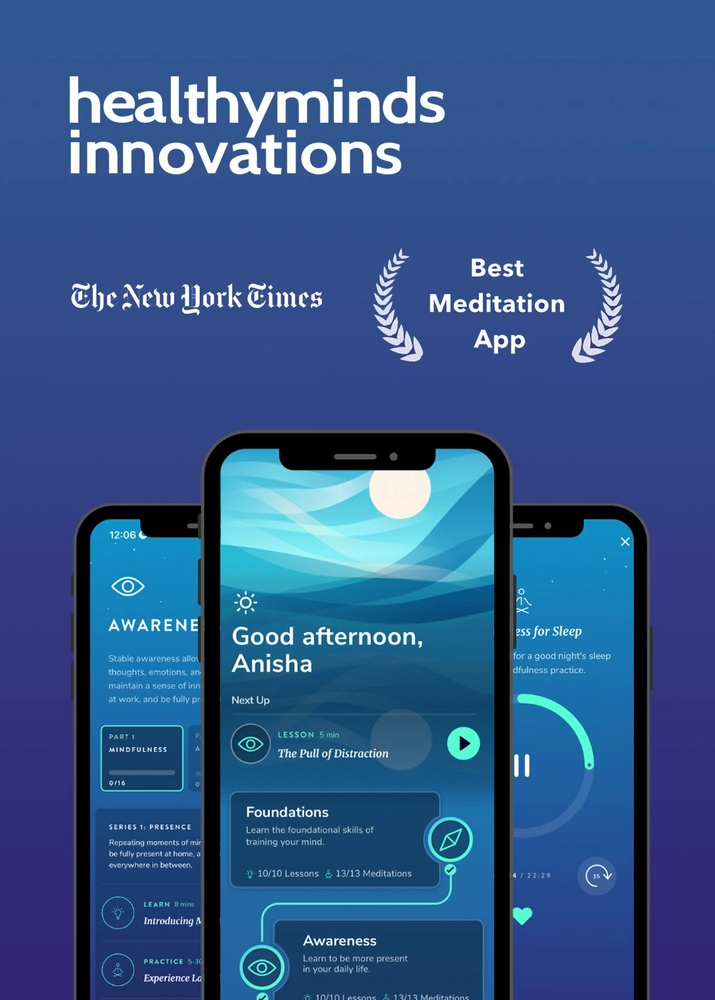

Healthy Minds App (2023) Blending science and contemplative practice, healthyminds innovations developed an app that centers on four key ideas: awareness, connection, insight, and purpose. The groundbreaking Healthy Minds Program uses neuroscience, contemplative traditions, and skill-based learning methods to help users develop the skills for well-being by translating pioneering neuroscience into tools for everyday life.
Named by the New York Times’ Wirecutter as one of the four best meditation apps of the year.
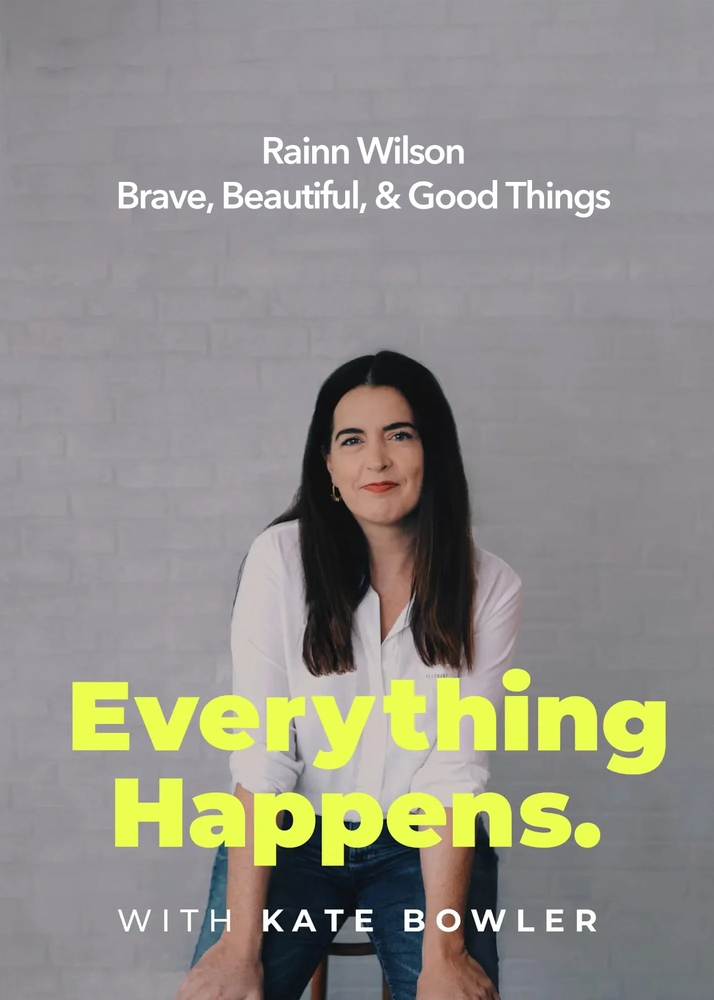

Everything Happens: Brave, Beautiful, and Good Things (2023) Sometimes we can fix our lives and sometimes we can’t. So, when self-help and self-care fall short, what do we need to turn to instead? Rainn Wilson (Dwight Schrute of NBC’s "The Office") says that what we need is a spiritual revolution. This episode of the Everything Happens podcast with Kate Bowler is rich and challenging and invites us all to think about the virtues we need to sustain a life and how we might cultivate these virtues, not just for our own well-being but for that of the people around us. Spoiler alert: it has nothing to do with bubble baths or the latest cold plunge trend. Recorded at the Fetzer Institute.
Rainn Wilson:Brave, Beautiful, and Good Things - Kate Bowler
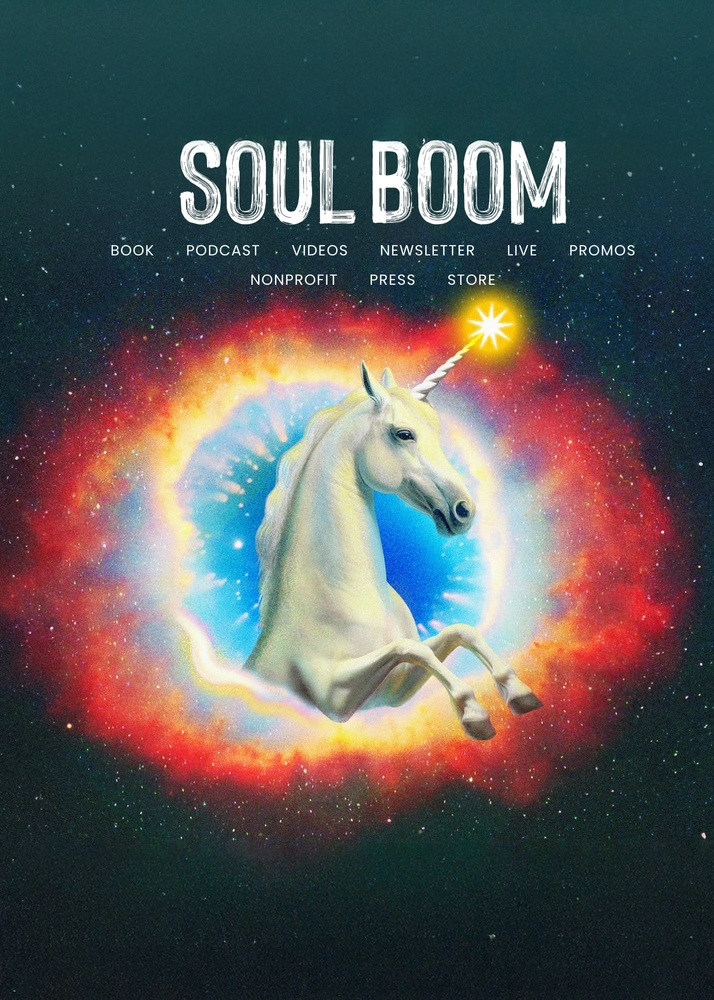

Philanthropy and the Audacity to Believe in Love (2023) To build transformative relationships with funders that draw on their deepest values, Fetzer works with individual donors, donor advisors, and foundation executives and staff, to learn together about funding faith and spirituality.
The salon series “The Audacity to Believe in Love” offered five events.
- The Power and Promise of a Movement of Love with Krista Tippett of the On Being Project wrestled with the challenges of the world and guests’ relationships to love and philanthropic giving.
- The Power and Promise of a Spiritual Revolution in Philanthropy with Rainn Wilson, author of "Soul Boom", explored healing and transformation on personal and global levels.
- Power, Justice, Spirituality, and the Role of Philanthropy with social justice leader Deepak Bhargava, and Ford Foundation Executive Vice President Hilary Pennington, explored transforming society through love in action, so people can flourish, and the role of philanthropy in this critical moment.
- Applying Spiritual Solutions to Society's Toughest Problems with author, attorney, and civil rights activist Michelle Alexander explored how love is foundational and critical to the philanthropic sector and the world more broadly.
- Finding Peace in a Divided World with musician John Legend explored agape as the foundational and unconditional love that can inspire change and a march toward justice in times of uncertainty.
Members of the philanthropic community continue to demonstrate a hunger for experiences that center faith, spirit, and love; are interested in taking action in a different way; and joining forces in the name of Love.
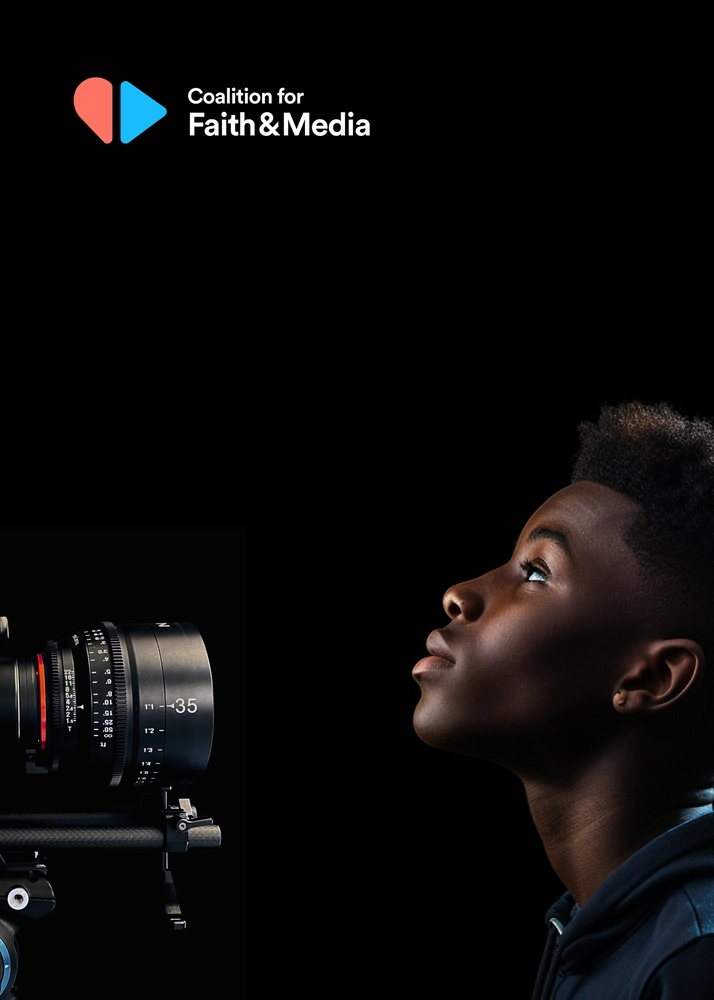

A Coalition for Faith and Media (2024) The Coalition for Faith and Media connects a global network of media executives, content creators, faith leaders, and academics to ensure accurate, balanced representation of all faiths in news and entertainment. Through awareness-building events, training, resources, and cutting-edge research — including surveying 10,000 people across 11 countries — the coalition is helping to equip media executives and storytellers not only to include faith and spiritual identities but to portray them accurately and with dignity.
What’s at stake is often a matter of life and death. Religious stereotypes fuel bullying, violence, genocide, and war. Accurate representation and inclusion of our faith and spiritual identities, not ignoring them, is a necessary condition on the path toward shared flourishing.
In 2024, Variety’s Faith and Spirituality in Entertainment Honors, presented by the Coalition for Faith and Media, celebrated Viola Davis and Julius Tennon (JuVee Prods.), “Bob Marley: One Love” (accepted by Ziggy Marley), and others in the industry.
Join the Movement
Every contribution helps move toward a better more colorful tomorrow.
Questions?
Answers.
-
What do you mean by "sacred"?
-
The term “sacred” is used as a synonym for the concept “Sacred Mystery.” Sacred Mystery lies at the core of religion, faith, and spirituality alike. We hold a strong point of view that reality is fundamentally sacred and fundamentally mysterious. The Sacred is the broadest and most inclusive term to denote ultimate reality. We radically advocate for moving from just a materialist way of seeing the world to a sacred way of seeing the world, which combines the best of scientific ways of knowing with spiritual ways of knowing toward a world of shared flourishing.
-
What does Fetzer do?
-
For over three decades, the Fetzer Institute has been a philanthropic thought leader at the intersection of science and spirituality. Fetzer is empowering a movement of organizations and funders that apply spiritual solutions to social problems in order to accelerate the shared flourishing of people and the planet.
-
What about all the religious harm?
-
You’re right. A lot of bad stuff has happened under the cover of organized religion. War, slavery, human rights violations, genocide, spiritual abuse, and even child abuse…these are real problems that have been or continue to be perpetuated in the name of the Sacred. But we do not want to throw the baby out with the bathwater.
Many of the largest shifts in society have been chartered by people of faith. The Civil Rights Movement was launched in the Black church, and the idea of the equality of all people came directly from Christian sacred texts. The Indian Independence Movement utilized the principles of nonviolence and universal love that come directly from the Hindu sacred texts. Charities, orphanages, hospitals, schools, soup kitchens, strong communities — much of this vital infrastructure is maintained by religious organizations.
Inner transformation, healing, ritual, reconciliation, the teaching and practice of love, compassion, forgiveness — these, too, come from our ancient wisdom traditions. It’s a nuanced conversation. The Fetzer Institute strives to acknowledge and eliminate the harm, while acknowledging and deepening into the lifegiving aspects of organized religion.
-
How can I get involved with Fetzer?
-
You can sign up for our mailing list to stay updated on Fetzer’s work. We’ll send you the latest research, highlight exemplar organizations that should be on your radar, and provide stories about how spiritual solutions really work!
Sign up or for more information. If you are a funder, we want to be in relationship with you! Fetzer builds transformative relationships with high-net-worth donors, donor advisors, and foundations that can catalyze and resource a movement rooted in faith and spirituality. You can join a growing community of funders by talking with our Ally Development department.